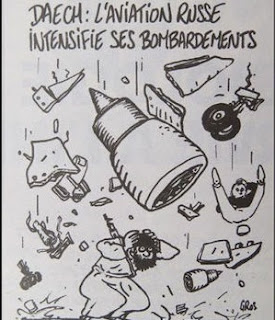Regrets
It’s that time of the year, when people ( not TV channels) look back at the year gone by and, well, have regrets. At the bad choices made. About the road not taken. On missed opportunities. Countries like the US, however, never have regrets about actions taken. Or so my friend said (note we’re talking about US, the country, not individuals). Sure, they do look back but only to learn what to do differently the next time. Or for political mudslinging. But neither of that is what we call “regret”. Thus, post-World War II, they didn’t impose a harsh Versailles style peace treaty on the losers. They might have changed their usage of nukes policy but they don’t have any regrets about Hiroshima or Nagasaki. That’s a done deal. Contrast that with how Germany continues to behave about its Nazi past. Sometimes (note I say sometimes, not always) not having regrets can be a good thing for individuals too. After all, most things cannot be undone, so what good comes from beating your...

